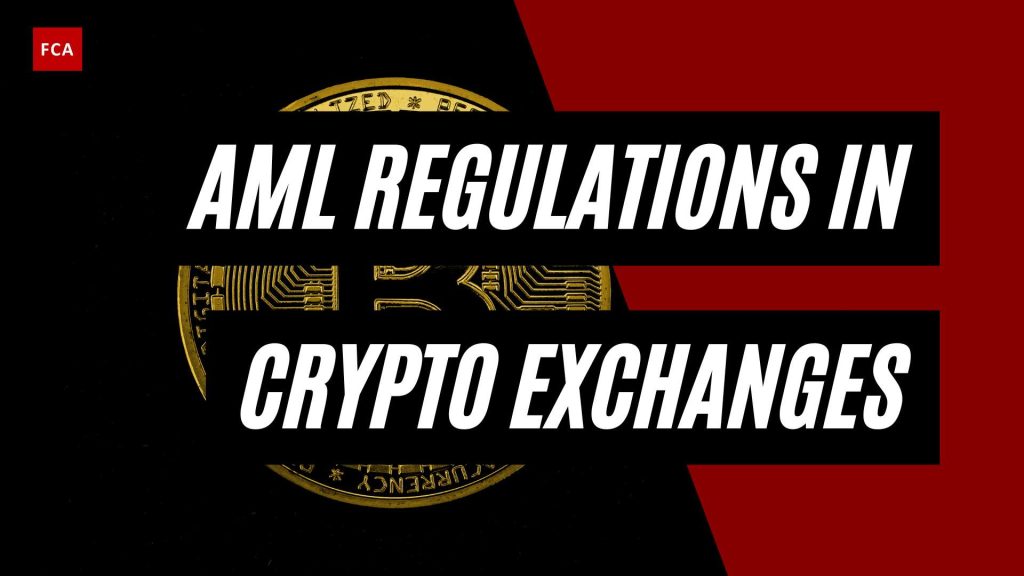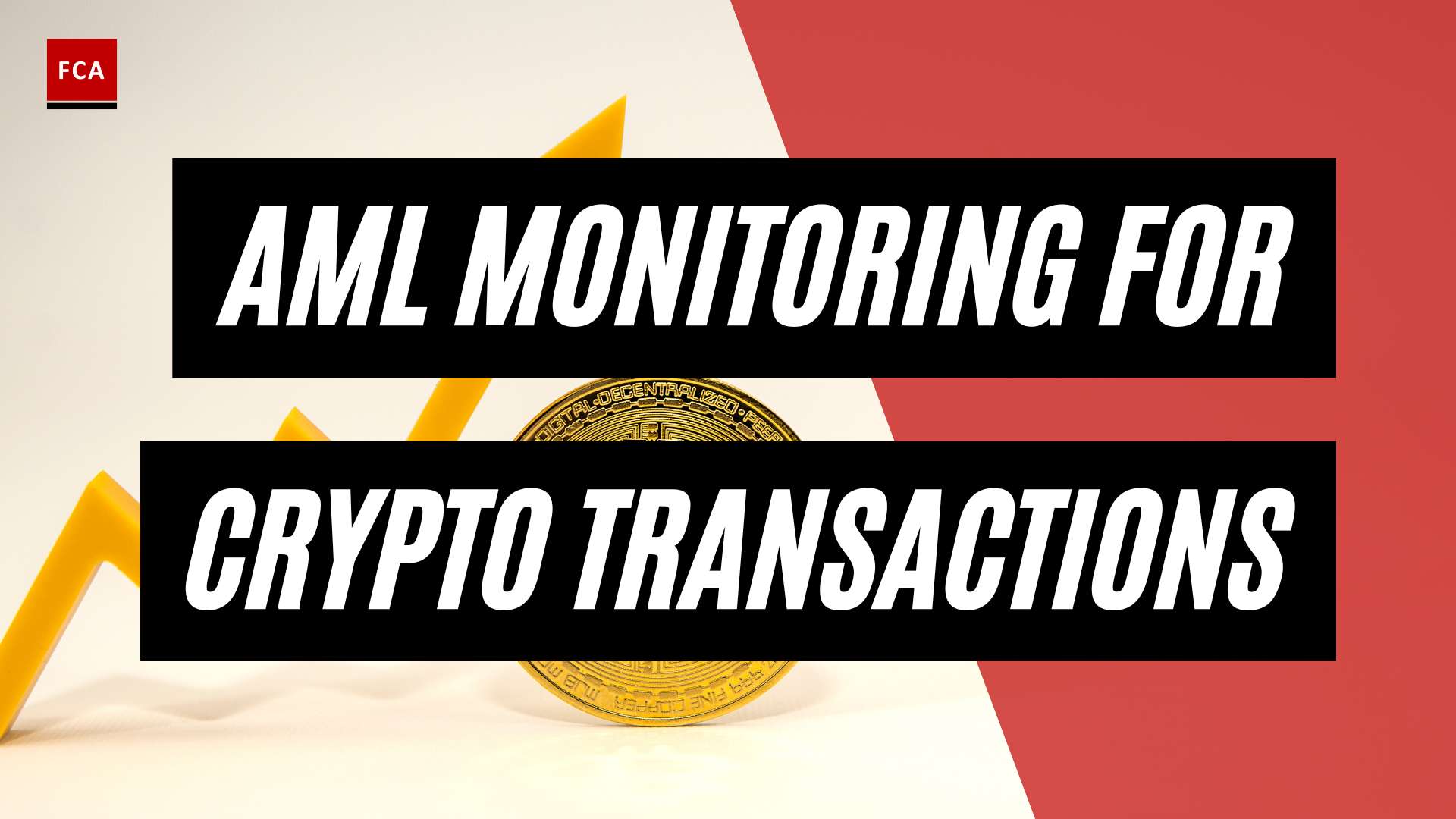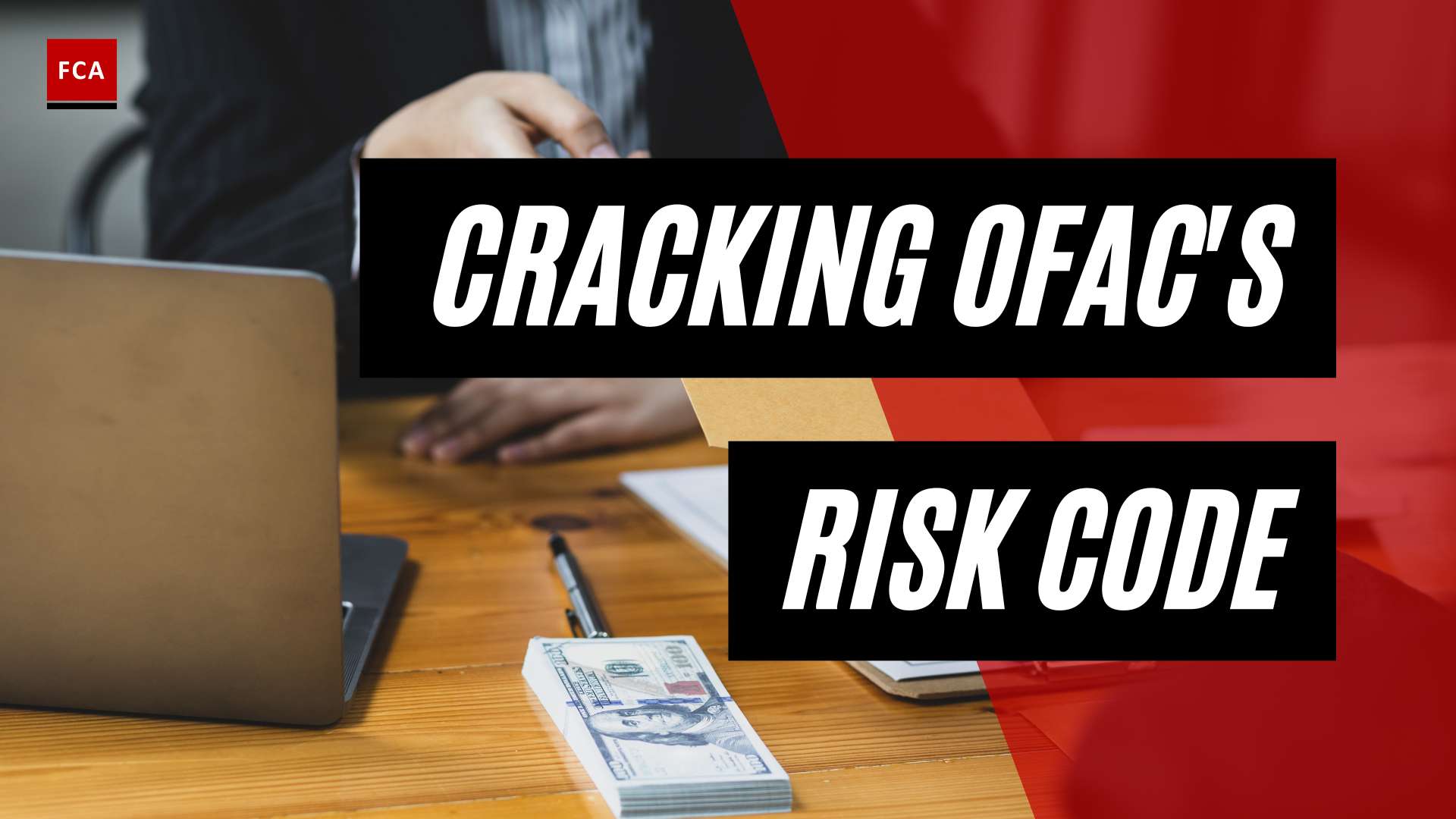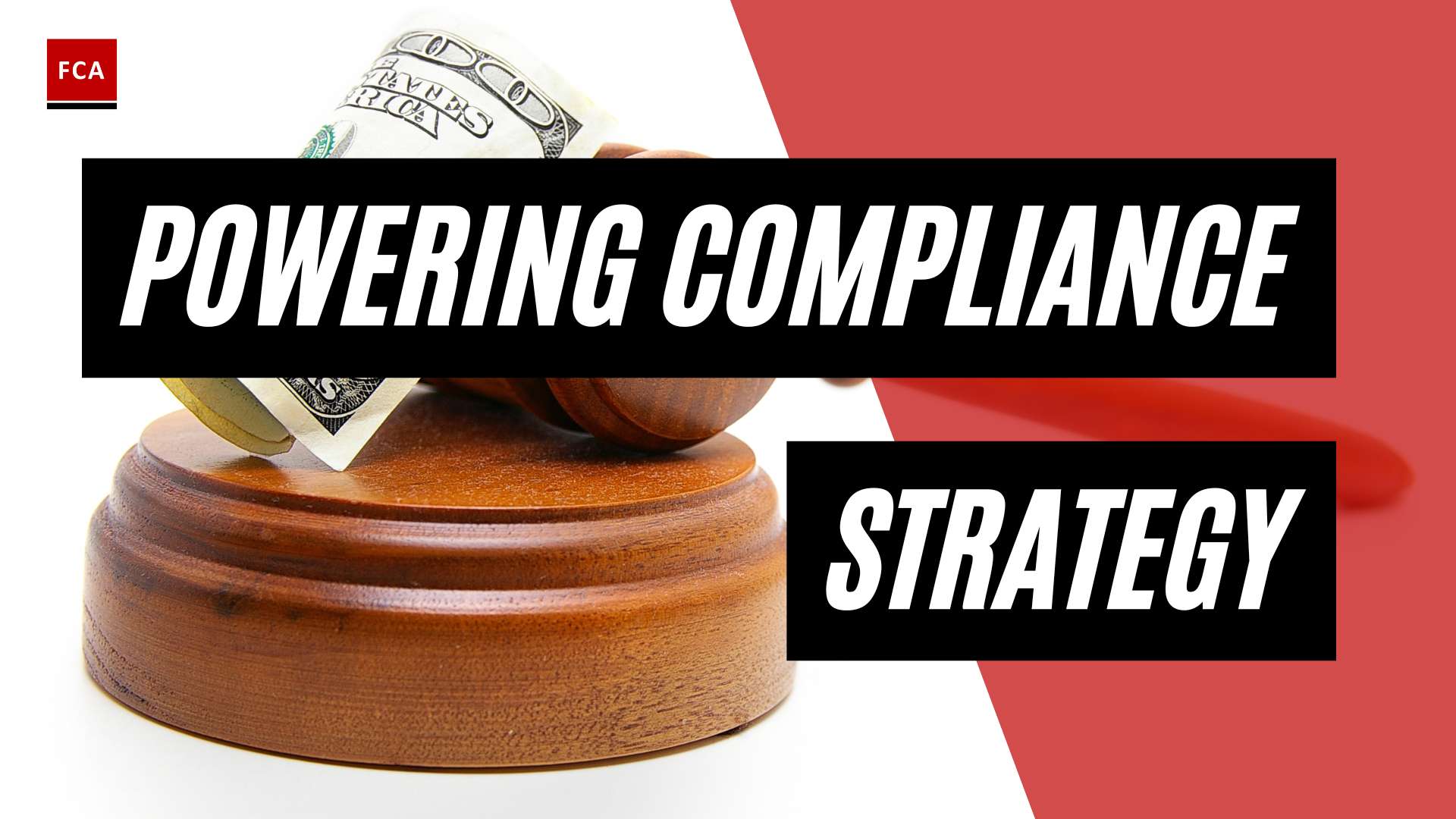Introduction to KYC Procedures in Crypto Exchanges
To ensure the integrity and security of the cryptocurrency market, Know Your Customer (KYC) procedures play a vital role in crypto exchanges. KYC refers to the process of verifying the identity of customers and assessing their risk levels to prevent money laundering, terrorist financing, and other illicit activities. In this section, we will explore the importance of KYC in crypto exchanges and the regulatory landscape surrounding anti-money laundering (AML) in the crypto industry.
Importance of KYC in Crypto Exchanges
KYC procedures are essential in the world of crypto exchanges for several reasons. First and foremost, they help establish trust and transparency by ensuring that only legitimate individuals are participating in cryptocurrency transactions. By verifying the identities of customers, crypto exchanges can mitigate the risk of fraudulent activities and protect their users.
Complying with KYC regulations is not only a legal requirement but also a crucial measure to prevent money laundering and the financing of unlawful activities. By implementing robust KYC procedures, crypto exchanges can contribute to the overall integrity of the financial system and help maintain a level playing field for legitimate market participants.
Moreover, KYC procedures assist in the identification and monitoring of high-risk individuals and entities, contributing to the prevention and detection of financial crimes. By collecting and analyzing customer information, crypto exchanges can identify suspicious patterns, unusual transactions, and potentially illicit funds, enabling them to report such activities to the relevant authorities.
Regulatory Landscape for AML in Crypto
The regulatory landscape for AML in the crypto industry is evolving rapidly to address the unique challenges posed by virtual currencies. Regulators around the world are increasingly focusing on implementing regulations that require crypto exchanges to adhere to AML guidelines and combat the misuse of cryptocurrencies for illicit purposes.
Different jurisdictions have varying AML requirements for crypto exchanges. These requirements generally involve implementing KYC procedures, conducting customer due diligence, maintaining transaction records, and reporting suspicious activities to regulatory authorities. It is crucial for crypto exchanges to stay up to date with the AML regulations in their respective jurisdictions and ensure compliance to avoid penalties and reputational damage.
To learn more about cryptocurrency AML guidelines and best practices, you can refer to our dedicated articles on cryptocurrency AML guidelines and cryptocurrency AML best practices.
By adhering to KYC procedures and complying with AML regulations, crypto exchanges can contribute to a safer and more secure cryptocurrency ecosystem. The next section will delve deeper into the understanding of KYC in crypto exchanges, including the process and types of information collected.
Understanding KYC in Crypto Exchanges
To ensure compliance with anti-money laundering (AML) regulations and combat illicit activities, crypto exchanges implement Know Your Customer (KYC) procedures. These procedures are essential in verifying the identities of their customers and assessing the risk associated with their transactions. In this section, we will delve into what KYC entails and the process followed by crypto exchanges.
What is KYC?
KYC, or Know Your Customer, is a set of processes and procedures designed to verify the identity of customers and assess the risk they pose to an organization. In the context of crypto exchanges, KYC procedures aim to prevent money laundering, terrorist financing, and other financial crimes. By collecting and verifying customer information, crypto exchanges can ensure that their platform is not being misused for illicit purposes.
KYC also plays a crucial role in complying with regulatory requirements. Regulators around the world are increasingly emphasizing the need for crypto exchanges to implement robust AML measures, including KYC procedures. By doing so, exchanges can demonstrate their commitment to transparency and regulatory compliance.
KYC Process for Crypto Exchanges
The KYC process followed by crypto exchanges typically involves several stages and requires customers to provide specific information and supporting documentation. Although the exact requirements may vary between exchanges, the following steps are commonly included:
-
Registration: Customers create an account on the crypto exchange platform. They provide basic personal information such as name, date of birth, and contact details.
-
Document Submission: Customers are required to submit supporting documents to verify their identity. This may include government-issued identification documents such as passports or driver’s licenses.
-
Identity Verification: The submitted documents are reviewed by the exchange’s compliance team. They compare the information provided with the documents to ensure accuracy and authenticity.
-
Proof of Address: Customers may be required to provide proof of address, such as utility bills or bank statements, to establish their residential address.
-
Source of Funds: Crypto exchanges often ask customers to provide information about the source of their funds. This helps to ensure that the funds being used for trading or investments are obtained legally.
Once the KYC process is complete, customers are typically granted access to the exchange’s full range of services. It is important to note that KYC procedures may require periodic updates or re-verification, especially if there are significant changes to a customer’s profile or activity.
Implementing effective KYC procedures is crucial for crypto exchanges to maintain compliance with AML regulations and contribute to the overall integrity of the cryptocurrency ecosystem. By adhering to KYC requirements, exchanges can mitigate the risk of facilitating illegal activities and promote trust among their user base.
To learn more about AML compliance in the cryptocurrency industry, check out our article on cryptocurrency AML guidelines.
Types of Information Collected
In order to comply with Anti-Money Laundering (AML) regulations and ensure a secure and transparent environment, cryptocurrency exchanges collect specific types of information during their Know Your Customer (KYC) procedures. These procedures are designed to verify the identity of users and detect potential money laundering activities. The types of information collected typically include personal information, proof of identity, proof of address, and source of funds.
Personal Information
During the KYC process, cryptocurrency exchanges collect personal information from users. This may include:
- Full name
- Date of birth
- Nationality
- Gender
- Contact details (e.g., email address, phone number)
By gathering this personal information, exchanges can establish a unique user profile and ensure compliance with AML regulations.
Proof of Identity
To verify the identity of users, cryptocurrency exchanges require proof of identity documentation. This may include:
- Government-issued identification documents (e.g., passport, driver’s license, national ID card)
- Social Security Number (SSN) or equivalent identification number
Users are typically required to provide clear and legible copies of their identification documents. These documents help confirm the user’s identity and prevent fraudulent activity.
Proof of Address
Cryptocurrency exchanges also request proof of address to verify the residential address of users. Acceptable documents for proof of address may include:
- Utility bills (e.g., electricity, water, gas)
- Bank statements
- Rental or lease agreements
- Government-issued documents (e.g., tax return, voter registration card)
The proof of address documents should clearly display the user’s name and residential address. This information helps ensure that users are not using false addresses or engaging in illicit activities.
Source of Funds
As part of the KYC procedures, cryptocurrency exchanges may require users to provide information about the source of their funds. This is done to ensure that the funds being used for trading or other activities on the exchange are obtained legally and not associated with illicit activities. Users may be asked to provide:
- Employment details
- Business information
- Income statements
- Documentation related to investments or inheritances
By collecting information about the source of funds, exchanges can assess the legitimacy of the user’s financial activities and comply with AML regulations.
It’s important to note that the specific requirements and documents may vary between different cryptocurrency exchanges and jurisdictions. Users should review the KYC guidelines provided by the exchange they are using to ensure compliance. For more information on AML regulations in the cryptocurrency industry, refer to our article on cryptocurrency AML guidelines.
Compliance and Risk Management
Ensuring compliance with Anti-Money Laundering (AML) regulations and implementing effective risk management practices are critical for crypto exchanges. This section will explore the AML compliance requirements and the risk-based approach in KYC (Know Your Customer) procedures for crypto exchanges.
AML Compliance Requirements
Crypto exchanges are subject to AML regulations to prevent money laundering and terrorist financing. These regulations vary across jurisdictions, but they generally require crypto exchanges to establish robust AML programs. These programs typically include the following elements:
-
Customer Identification Program (CIP): Crypto exchanges must implement a CIP to verify the identity of their customers. This involves collecting and verifying personal information, proof of identity, proof of address, and source of funds. For more information on the types of information collected, refer to the section on Types of Information Collected.
-
Transaction Monitoring: Crypto exchanges must monitor customer transactions for any suspicious activities. Transaction monitoring involves analyzing patterns, amounts, and frequency of transactions to detect potential money laundering or other illicit activities. AML monitoring software solutions can assist in automating this process. Learn more about cryptocurrency AML software solutions for effective monitoring.
-
Reporting Suspicious Activities: If a crypto exchange identifies any suspicious activities, they are required to file suspicious activity reports (SARs) with the relevant authorities. SARs provide crucial information to law enforcement agencies and regulatory bodies to investigate and combat money laundering and financial crimes.
-
Record-Keeping: Crypto exchanges must maintain accurate and up-to-date records of customer transactions, identity verification documents, and any suspicious activity reports. These records serve as evidence of compliance with AML regulations and may be subject to audits. Explore more about crypto exchange AML audits to ensure proper record-keeping.
By adhering to these AML compliance requirements, crypto exchanges can contribute to the overall integrity of the financial system and protect themselves and their customers from illicit activities.
Risk-based Approach in KYC
A risk-based approach is essential in the implementation of KYC procedures for crypto exchanges. This approach involves assessing the level of risk associated with each customer based on factors such as their profile, transaction history, and jurisdiction. By categorizing customers into risk levels, crypto exchanges can allocate resources more efficiently and focus their due diligence efforts on high-risk customers.
The risk-based approach allows crypto exchanges to tailor their KYC procedures to the specific risk level of each customer. Higher-risk customers may require more extensive due diligence, including enhanced identity verification and additional documentation. Conversely, lower-risk customers may undergo simplified due diligence procedures.
To effectively implement a risk-based approach, crypto exchanges should:
- Develop risk assessment frameworks that consider factors such as customer behavior, transaction patterns, and geographic risks.
- Continuously monitor and update risk profiles based on customer activities and changes in regulatory requirements.
- Implement robust internal controls and procedures to ensure compliance with AML regulations and mitigate risks effectively.
By adopting a risk-based approach, crypto exchanges can strike a balance between regulatory compliance and operational efficiency, while effectively managing the risks associated with money laundering and other illicit activities in the crypto space.
In the next section, we will explore the challenges encountered in implementing KYC procedures for crypto exchanges and discuss best practices to overcome these challenges.
Challenges and Best Practices
Implementing KYC procedures in crypto exchanges comes with its own set of challenges. However, by following best practices, exchanges can effectively navigate these challenges and establish robust KYC procedures.
Challenges in Implementing KYC in Crypto Exchanges
-
Data Security: One of the primary challenges in KYC implementation for crypto exchanges is ensuring the security of customer data. Exchanges need to put in place stringent security measures to protect sensitive personal and financial information from unauthorized access or cyber threats.
-
User Experience: Striking a balance between stringent KYC requirements and providing a seamless user experience can be challenging. Exchanges must find ways to streamline the onboarding process, making it user-friendly and efficient, while still meeting regulatory obligations.
-
International Compliance: Crypto exchanges often operate globally, which means they must comply with different jurisdictions and regulatory frameworks. Navigating through various anti-money laundering (AML) regulations and ensuring compliance across different markets can be complex and resource-intensive.
-
Evolving Regulatory Landscape: The regulatory landscape for AML in the crypto industry is constantly evolving. Exchanges need to keep up with the latest regulatory developments and adjust their KYC procedures accordingly to stay compliant.
Best Practices for Effective KYC Procedures
-
Risk-Based Approach: Adopting a risk-based approach is essential for effective KYC procedures. Exchanges should conduct risk assessments to identify high-risk customers and transactions. This allows them to allocate resources and apply enhanced due diligence measures where necessary.
-
Automated Solutions: Implementing automated KYC solutions can streamline the onboarding process and enhance efficiency. Utilizing advanced technologies such as artificial intelligence and machine learning can help verify customer identities, detect suspicious activities, and reduce the risk of manual errors.
-
Ongoing Monitoring: KYC procedures should not be limited to customer onboarding alone. Exchanges should establish ongoing monitoring mechanisms to detect and report suspicious transactions. Implementing transaction monitoring systems and conducting periodic reviews can help identify and mitigate potential risks.
-
Staff Training and Awareness: Providing comprehensive training to staff members on KYC procedures, AML regulations, and emerging risks is crucial. Well-informed and trained employees are better equipped to identify suspicious activities and ensure compliance with KYC requirements.
-
Collaboration and Information Sharing: Exchanges should actively participate in industry forums and collaborations to share insights and best practices. This helps in staying updated with the latest trends, regulatory changes, and emerging risks in the crypto industry.
By addressing the challenges and implementing these best practices, crypto exchanges can establish effective KYC procedures that not only comply with AML regulations but also contribute to the overall security and integrity of the cryptocurrency ecosystem. For more information on AML compliance for crypto exchanges, refer to our article on AML compliance for crypto exchanges.









